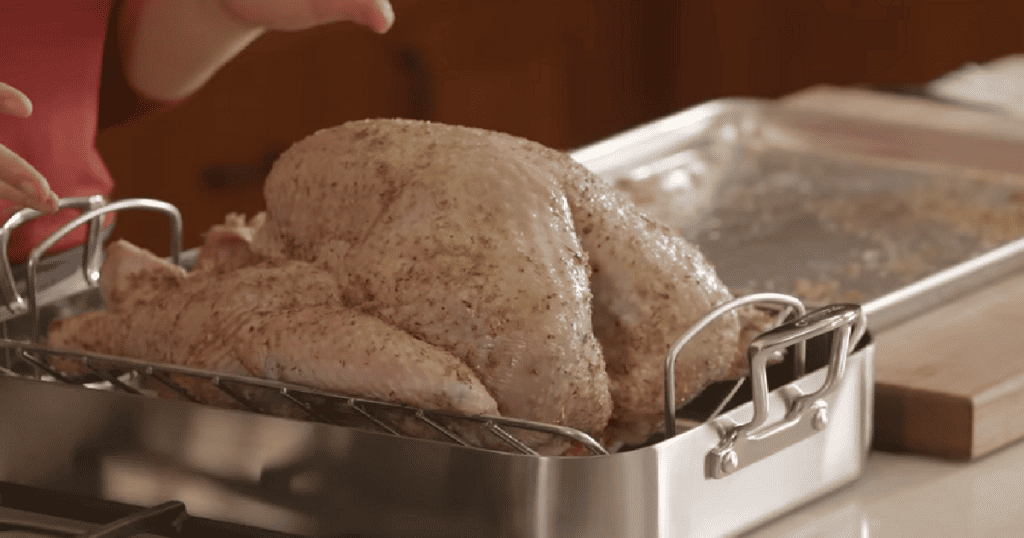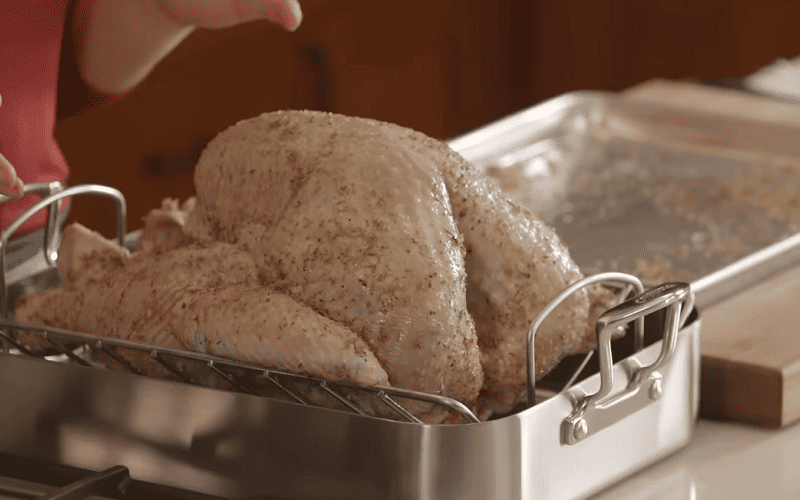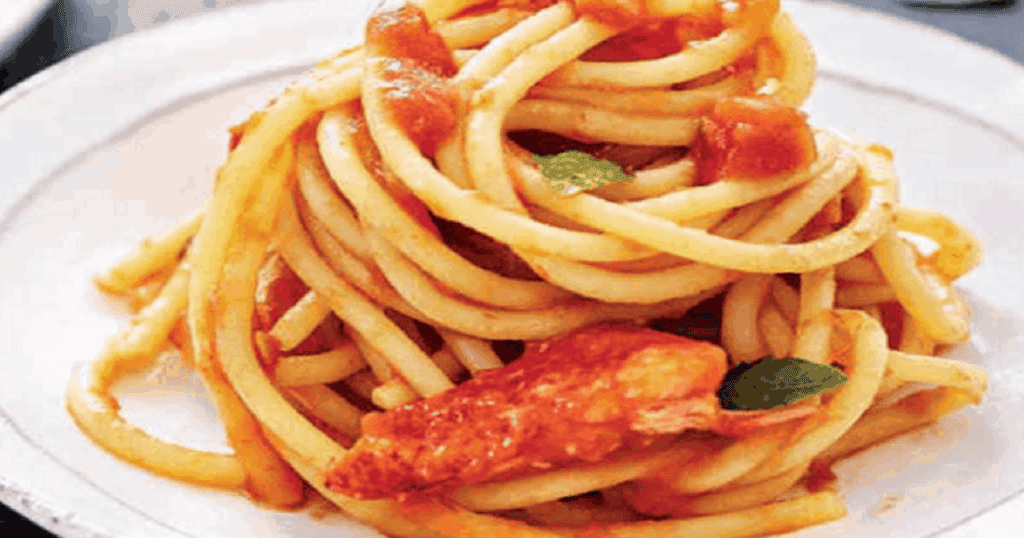Dry and wet brining are effective techniques for preparing a flavorful and moist turkey. Dry brining involves coating the bird with a mixture of salt, sugar, and aromatic seasonings, which draws out moisture that is then reabsorbed, seasoning the meat deeply and aiding in browning and crisping the skin without requiring much refrigerator space.
Wet brining, conversely, involves soaking the turkey in a flavorful saltwater solution often enhanced with sweeteners like sugar or apple cider and various herbs and spices, ensuring the turkey is submerged for optimal moisture and taste infusion. Both methods are designed to produce a succulent feast, each offering benefits for holiday meal preparations.
Is it Possible to Dry and Wet Brine a Turkey?
Yes, it is possible to dry and wet brine a turkey, but not simultaneously. You would choose one method or another based on your preference, as they each impart different characteristics to the turkey.
Which Is Superior, Dry or Wet Brining?
The superiority of dry and wet brining depends on personal preference and the desired outcome. Dry brining, which involves rubbing salt and sometimes other seasonings directly onto the turkey, can produce crispier skin and is less messy. Wet brining involves submerging the bird in a saltwater solution, which can produce a juicier bird but may result in slightly soggier skin and require more space in your refrigerator.
Should You Rinse Off the Dry Brine Before Cooking the Turkey?
No, you generally should not rinse dry brine off the turkey. Rinsing can remove the flavorful seasonings and is unnecessary because the salt from the brine will penetrate the meat during the cooking process. Pat the turkey dry with paper towels before cooking to help achieve crisp skin.
Is It Necessary to Rinse the Turkey After Wet Brining?
Yes, after wet brining, rinse the turkey thoroughly under cool water to remove excess salt from the surface, then pat it dry with paper towels. This helps prevent the turkey from being too salty and helps the skin get crispier during roasting.
Last Updated on January 13, 2024 by John Siracusa




